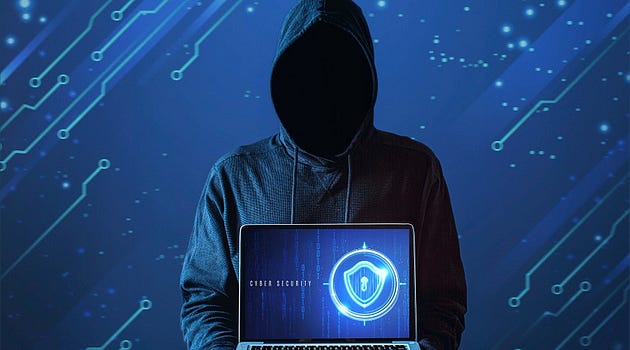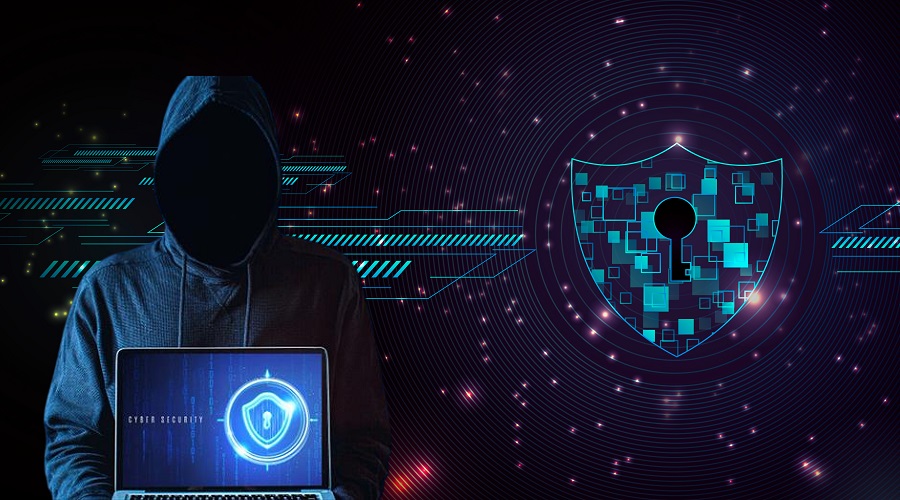Cyber-attacks are becoming smarter, quicker, and more sophisticated, from targeting personal information to national infrastructure. There are always new tools and techniques being developed by hackers, ranging from phishing to ransomware. But cybersecurity is not standing still. From threat detection powered by AI to zero-trust architecture and quantum-proof encryption.
Suppose you’re just surfing the net and reading your messages, paying bills, or storing memories in the cloud when, suddenly, a pop-up message appears: “Suspicious activity detected on your account.” Your heart begins to work overtime. It is a chilling reminder that in the world of the net, no one is ever anonymous.
In this cyber arms race, being up to date isn’t just for computer professionals, it’s for everyone. So how it is changing to protect you? Let’s see.
First Things First: What Is Cybersecurity?
Let’s keep it simple.
Cybersecurity is all about keeping your digital life safe. It’s the protection we use to stop hackers from stealing your personal info, spying on you, or crashing important websites and apps. It’s like a lock on your house but for your computer, phone, and online accounts.
From your email password to your online banking, everything needs a layer of protection.
Hackers Aren’t Just Playing Around Anymore
There was a time when hackers were mostly just tech geeks showing off. Not anymore.
These days, cybercriminals are more organized. Some even work in groups, using clever tricks to attack schools, hospitals, businesses even governments.
They can send fake emails that look real (called phishing), sneak viruses into systems, or hold data hostage for money (ransomware). And they’re always trying new ways to get in.
That’s why it needs to keep getting smarter because the bad guys are.
How Cybersecurity Is Stepping Up Its Game

The fight between hackers and defenders is like a never-ending game of chess. But here’s how cybersecurity is staying one step ahead:
Smarter Detection Tools
Today’s security tools aren’t just waiting for an attack to happen, they’re always watching, always checking for anything odd.
If your account is accessed from a new device, or if there’s a strange login from another country, your system can spot it and alert you. These tools help catch problems early, before they get worse.
The “Trust No One” Rule (aka Zero Trust)
Here’s a new approach in cybersecurity: don’t automatically trust anyone.
Even if someone’s inside the system like an employee, they still have to prove who they are again and again. Every login is checked, every move is monitored. This way, if a hacker sneaks in, they won’t be able to move around easily.
It may sound strict, but it works.
Better Protection for Cloud Services
These days, we store everything in the cloud in such formats photos, documents, passwords, even entire businesses. That’s why cloud security has become a top priority.
Modern cybersecurity tools now protect cloud data with stronger locks, more secure logins, and alerts for anything suspicious. So, your files are safer even when you’re working from your couch.
Real-Life Wins in Cybersecurity
Take, for example, the case where an attack was stopped before it could hit several hospitals. The security team noticed strange behaviour in the system and took action quickly. Patient records were protected, and services kept running.
Stories like these remind us that good security isn’t just about data, it’s about people’s lives.
Why You Should Care (Even If You’re Not “Techy”)
Maybe you’re thinking, “This sounds serious, but it doesn’t really affect me.”
But here’s the truth: cybersecurity is everyone’s business.
Hackers don’t only go after big companies. They also target regular people like you and me. Why? Because we’re often easier to trick. A weak password or one wrong click can lead to trouble.
You don’t have to be a tech expert to stay safe. Here are some easy steps anyone can take:
- Use strong, unique passwords (don’t reuse the same one everywhere).
- Turn on two-step verification where you can.
- Don’t click on links from unknown emails or messages.
- Keep your phone and computer updated.
Just like washing your hands keeps you safe from germs, good cybersecurity habits protect you from digital threats.
What’s Coming Next in Cybersecurity?
The world of cybersecurity keeps changing, and some exciting upgrades are coming:
Passwords Might Become Old News
Imagine logging into your phone or bank app using just your face or fingerprint. This kind of login, called biometric security, is becoming more popular. It’s quick, easy, and hard to fake.
Stronger Defenses for the Future
New kinds of computers could one day break today’s codes in seconds. So security experts are already working on ways to protect against that. It’s like building a better shield before the new sword arrives.
Cybersecurity for Everyone
Good news: You don’t need a huge budget to stay safe online anymore. Many companies now offer affordable or even free tools to help protect you whether you’re a small business or just someone who wants to keep their info safe.
Final Thoughts: Stay Aware, Stay Safe
The internet is a wild, incredible place. But like any jungle, it has its dangers.
Cybersecurity is no longer just about firewalls and antivirus software. It’s an evolving ecosystem, fighting back against increasingly sophisticated threats. AI, Zero Trust, biometrics, quantum encryption, it’s all part of the modern cyber defense strategy. But here’s the truth: no system is 100% foolproof. That’s why you matter.
Stay smart, stay alert, and stay safe.
Staying ahead of cyber threats takes more than just awareness it requires strategic insight and continuous learning. If you’re navigating cybersecurity challenges in your research or need expert support, MP Research Work is here to assist. Let’s strengthen your research with clarity, credibility and the right guidance.
FAQs
Q1: Is cybersecurity only important for businesses?
Not at all. Whether you are a student, a parent, or an online shopper who purchases items online, you must safeguard your online life.
Q2: Can antivirus software stop all threats?
Antivirus does assist, but it’s only half the battle. Utilizing smart habits and other utilities in tandem renders your protection much more robust.
Q3: Why do hackers want my information?
Your data like your address, name, or credit card number is valuable. Your data may be sold, used, or extorted by attackers.
Q4: How do I know if I’ve been hacked?
Be on the lookout for suspicious emails, unknown logins, or programs you didn’t install. If it doesn’t seem right, it probably isn’t.
Q5: What should I do if I think I’ve been hacked?
Immediately modify your passwords, log off on all systems, and inform your bank or service provider of the issue. The sooner the better.





Comments